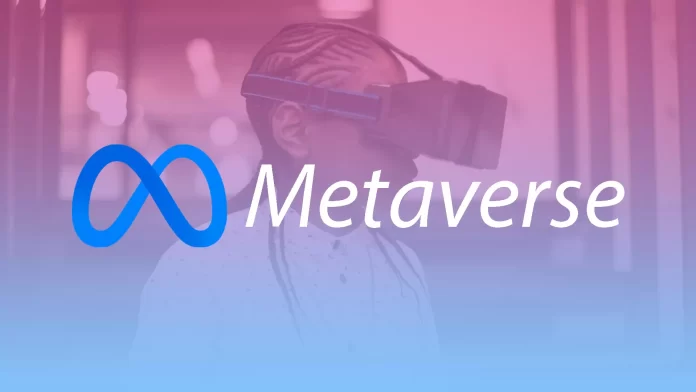Virtual universes are becoming increasingly popular in both the commercial and consumer segments. Therefore, the issue of virtual universe security is becoming increasingly important. Concerned about this issue, the International Criminal Police Organization, aka Interpol, has launched its “global police metaverse” to train police officers to work in the virtual world.
Last week, the organization announced that it is developing the so-called Interpol Metaverse. It is being designed specifically for law enforcement agencies around the world. The release said it provides tools for officers worldwide to share knowledge across borders through avatars and immersive training in forensics and other policing activities.
Interpol has also created a particular group on Metaverse. This group will deal with what is of interest to law enforcement about the new virtual world. This is because, as Interpol states, “Criminals are already beginning to use the Metaverse.”
“As Metaverse’s user base grows and the technology continues to evolve, the list of possible crimes will only expand to potentially include crimes against children, data theft, money laundering, financial fraud, counterfeiting, ransomware, phishing, and sexual assault and harassment,” the report states. – “For law enforcement, some of these threats are likely to present significant challenges because not all acts that are criminalized in the physical world are considered crimes when committed in the virtual world.“
Some sources, such as Gartner, predict that as early as 2027, more than 40% of large companies will use a combination of web3 and AR in projects conducted in the meta-universe.
“The metaworld has the potential to change every aspect of our daily lives and has huge implications for law enforcement,” said Madan Oberoi, Interpol’s executive director of technology and innovation. “But for police to understand what Metaverse is, we need to experience it firsthand.”
The organization released that 70% of law enforcement officers from 195 member countries expect an increase in ransomware and phishing attacks in the next three to five years.
Also, Interpol is concerned about the ability of criminals to conduct financial crimes through the Metaverse. Such as money laundering or extortion, compromising business emails, impersonation fraud, e-commerce fraud, and investment fraud.





